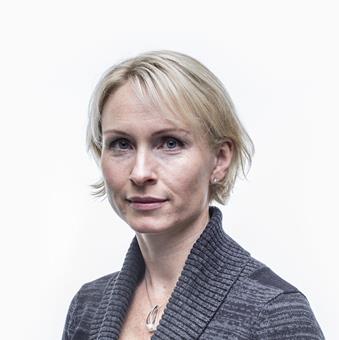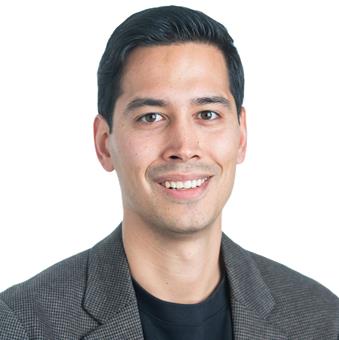Postgraduate education includes a PhD programme on Ageing and Social Change and postdoctoral studies that are embedded in the research activities within the local, national, European and international networks of The Division of Ageing and Social Change, ASC.
The aim of postgraduate studies is to extend and deepen the student’s theoretical and methodological knowledge and understanding of ageing and later life as a research area.
Multisectoral collaboration in managing & preventing intersecting social problems amongst older population
Helena Bjurbäck
The PhD research focuses on contextual changes within local welfare. More specifically, governance at the intersection of stakeholders and prevention of intersecting social problems among older population in local welfare arrangements.
Exploring the Role of Sectoral Factors for Late Working Life Inequalities and Exclusion in Europe
Landry Botokou
The PhD research contributes to the body of knowledge on ageing and labour market inequalities by focusing on the meso-level in general and sectors specifically. It examines sectoral differences in the employment of older workers and assesses the impact of sectoral factors on the employment chances of older workers in selected European countries.
Social inequalities in retirement after extended working lives
Annika Heuer
As the contexts of late working lives are changing, it is not fully clear how post-retirement inequalities evolve and how the change in post-retirement inequalities is related to macro-social change and shifts in life courses. This PhD thesis examines changing post-retirement inequalities in quality of life from a time- and country-comparative multilevel perspective.
Is Demography Our Destiny? Ageing and Election Participation in Sweden
Milos Milovanovic
The PhD research project explores how demographic ageing in Sweden influences electoral participation. It employs a multi-method research approach, including machine learning, decomposition analysis, and age-period-cohort modelling. The objective is to determine whether demographic shifts explain turnout trends and whether age should be considered as an essential factor in political participation and representation alongside gender and ethnicity.
Bridging Generations and Risks: Pathways to Solidarity in the Green Transition
Nico Mira
This PhD project investigates how different generations perceive and respond to risks, and how these perceptions influence intergenerational solidarity in the context of the green transition. By examining media discourses, focus groups, surveys, and public deliberation, it aims to identify barriers and opportunities for fostering inclusive and collaborative climate action across generations.
Benchmarking Municipal Dementia Care Systems: Policy, Practice, and Performance
Mattias Antar
Positioned at the intersection of policy implementation research and social care analytics, this PhD project will systematically map the scope, eligibility conditions, and organisational logic of social care services for older adults with dementia living in ordinary housing. Using register linkage, nationwide municipal surveys and comparative statistics, the project will derive granular quality indicators and rank municipalities by integrated care performance.
Governance and working conditions in long-term care
Ceciel Heijkants
This postdoctoral work focuses on governance and working conditions in long-term elderly care. It is related to the research program “DEM(H)CARE” which aims to improve coordination between home care, municipal health care, and primary care for people with dementia living at home. Both quantitative and qualitative methods are employed, involving register and survey studies at the national level, and the collection and analysis of questionnaires, interviews and focus groups at the local level.
Risks and potentials with flexible employment pathways in late working life in Sweden
Gülin Öylü
This Postdoc project analyzes the relationship between flexible employment pathways in late working life - including employment type, intensity, contract type, and employer changes - and labor market exit outcomes in Sweden. Using Swedish registers, it examines patterns and trends of flexible employment pathways across groups and over time, taking into account individual life courses and labor market structure.


















